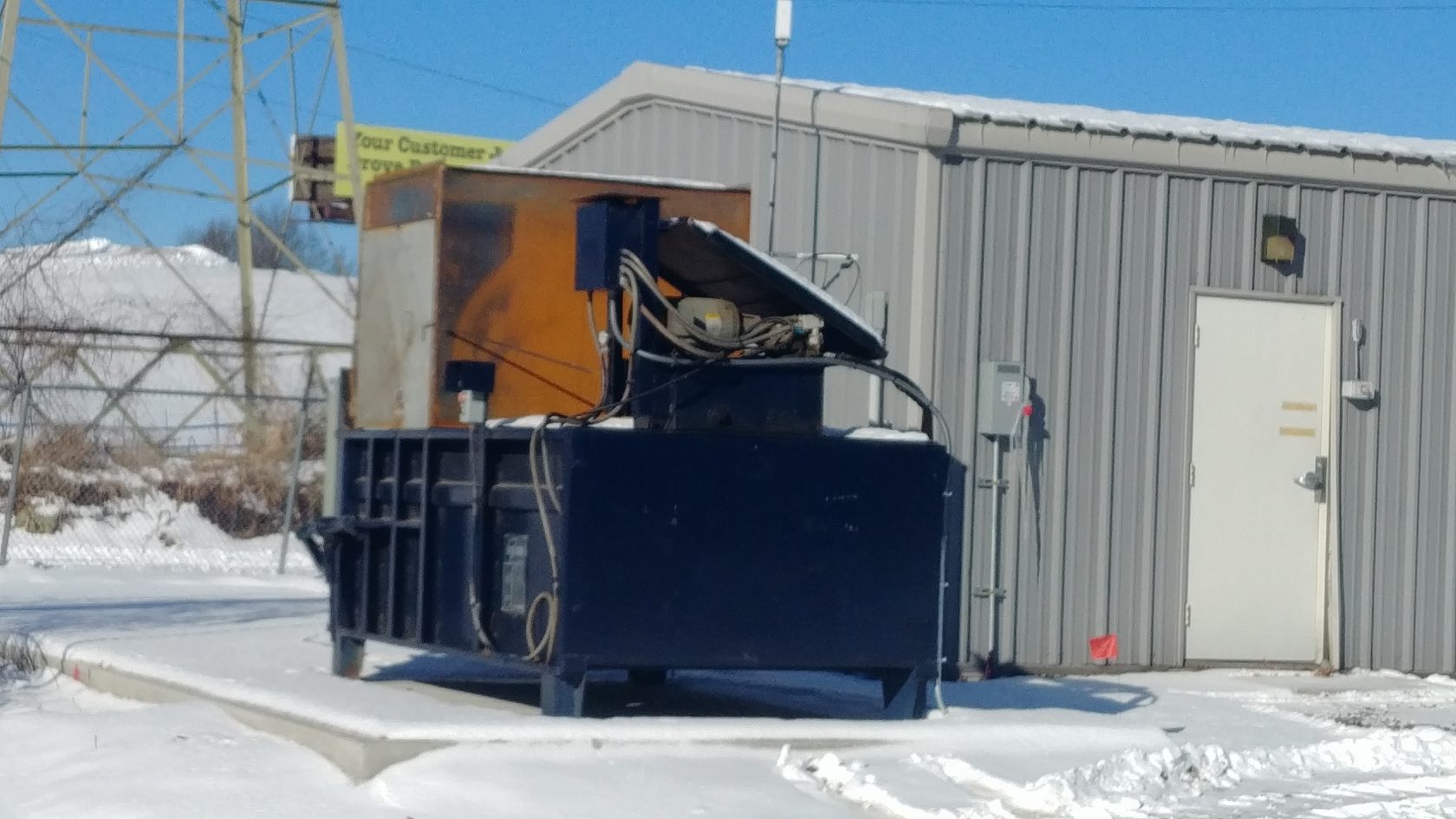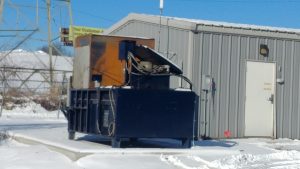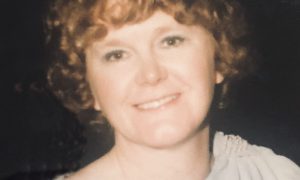WESTFIELD—According to the Director of Public Health, Joe Rouse, the city may soon start utilizing a compactor for cardboard that is recycled, which could actually save the city money.
It is expected that the Twiss Street Transfer Station will have a cardboard compactor operating at that location as soon as first week of January. The equipment will allow them to compact the cardboard, thus reducing trips for the contracted company that hauls the recyclable materials away, as well as increasing reimbursement rates from the state.
Rouse said that the compactor could end up “saving a lot of money” for the city.
According to Rouse, the city already owned the compactor for around three years, but it was not being used due to it needing to be connected, including specific electrical work to power it.
He said that three different companies were used to perform the installation of the device, which cost around $10,000.
“It really wasn’t all that expensive, and we will make that $10,000 back within the first year of using the compactor,” Rouse said.
Part of the way that this may save the city money is because it can reduce the amount of pickups that may occur at Twiss Street, which costs $225 per haul, along with monthly rental fees of $150 per container for storage.
Currently, 80 percent of the volume that the company that transports the city’s recycling is cardboard. However, the cardboard is not compacted and so takes up more volume in the container that it is hauled in.
“We wind up paying money for non-compacted loads,” Rouse said. “To counter the cost of hauling we will compact cardboard.”
The city averages about two pickups per week, Rouse said. “We could cut that down to one pickup every other week due to cardboard compacting,” he said.
However, Rouse said that the amount of pickups, as well as the cost of hauling and the container have not yet been determined through the new method, so it is uncertain how much savings will occur.
“Once we get to end of January we will be able to get the numbers,” he said.
“We’ll actually get more money from the state for bringing over compacted cardboard,” Rouse said. “The cardboard loads being brought over will be considered dual-stream.”
Massachusetts Department of Environmental Protection reimburses for recyclables, with rates for single-stream and for dual-stream methods. According to Rouse, the rate changes with assessments happen quarterly, but dual-stream rates can be between double to triple the rates received for single-stream.








